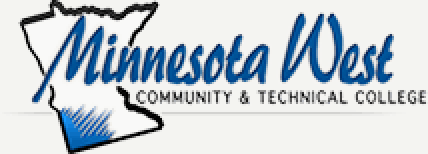NURS 1100 Principles and Practices of Nursing
NURS 1100: Principles and Practices of Nursing
Description
Principles and Practices of Nursing explores the basic needs of clients while reinforcing concepts learned in the nurse assistant course. Emphasizes nursing responsibilities and interventions utilized by the practical nurse to assist clients to meet basic needs. Topics covered include, but are not limited to the following topics: homeostasis, elimination, therapeutic communication skills, documentation, nursing process, critical thinking, psychosocial health, death and the grieving process, nutrition, and care of the geriatric patient. Performance of nursing skills are taught and evaluated in the lab setting. The key concepts of teamwork and collaboration, safety, quality improvement, professional identity/behavior, patient/relationship centered care, nursing judgment/evidence based practice, managing care, and informatics/technology are introduced.
Credits
3
Prerequisite
Students that have been accepted into the Minnesota West Practical Nursing Program
Corequisite
None
Topics to be Covered
1. Homeostasis
2. Elimination
3. Therapeutic communication skills
4. Documentation
5. Nursing process
6. Critical thinking
7. Psychosocial health
8. Death and the grieving process
9. Nutrition
10. Care of the geriatric patient
Learning Outcomes
1. Use reliable evidence-based journals and online databases to find information related to the care of adults with common health and safety issues. (NLN: INFORMATICS/TECHNOLOGY)
2. Explain how to manage and organize care in adult patients with various disease processes. (NLN: MANAGING CARE)
3. Use nursing judgment to assess, choose interventions, monitor responses, and report to appropriate personnel changes detected in the adult patient’s condition. (NLN: NURSING JUDGMENT/EVIDENCE-BASED CARE)
4. Give examples of patient/relationship centered care when using the nursing process to contribute to individualized plans of care for the adult patient. (NLN: PATIENT/RELATIONSHIP CENTERED CARE)
5. Recognize best practices of quality improvement in the nursing environment and patient outcomes. (NLN: QUALITY IMPROVEMENT)
6. Choose safe nursing practices when implementing a plan of care. (NLN: SAFETY)
7. Identify potential and/or actual patient complications and interventions from an established plan of care to implement for the adult patient. (NLN: SAFETY)
8. Choose information based on focused assessments and interventions to be reported to appropriate interprofessional team members. (NLN: TEAMWORK AND COLLABORATION)
Credit Details
Lecture: 3
Lab: 0
OJT: 0
MnTC Goal Area(s): None
